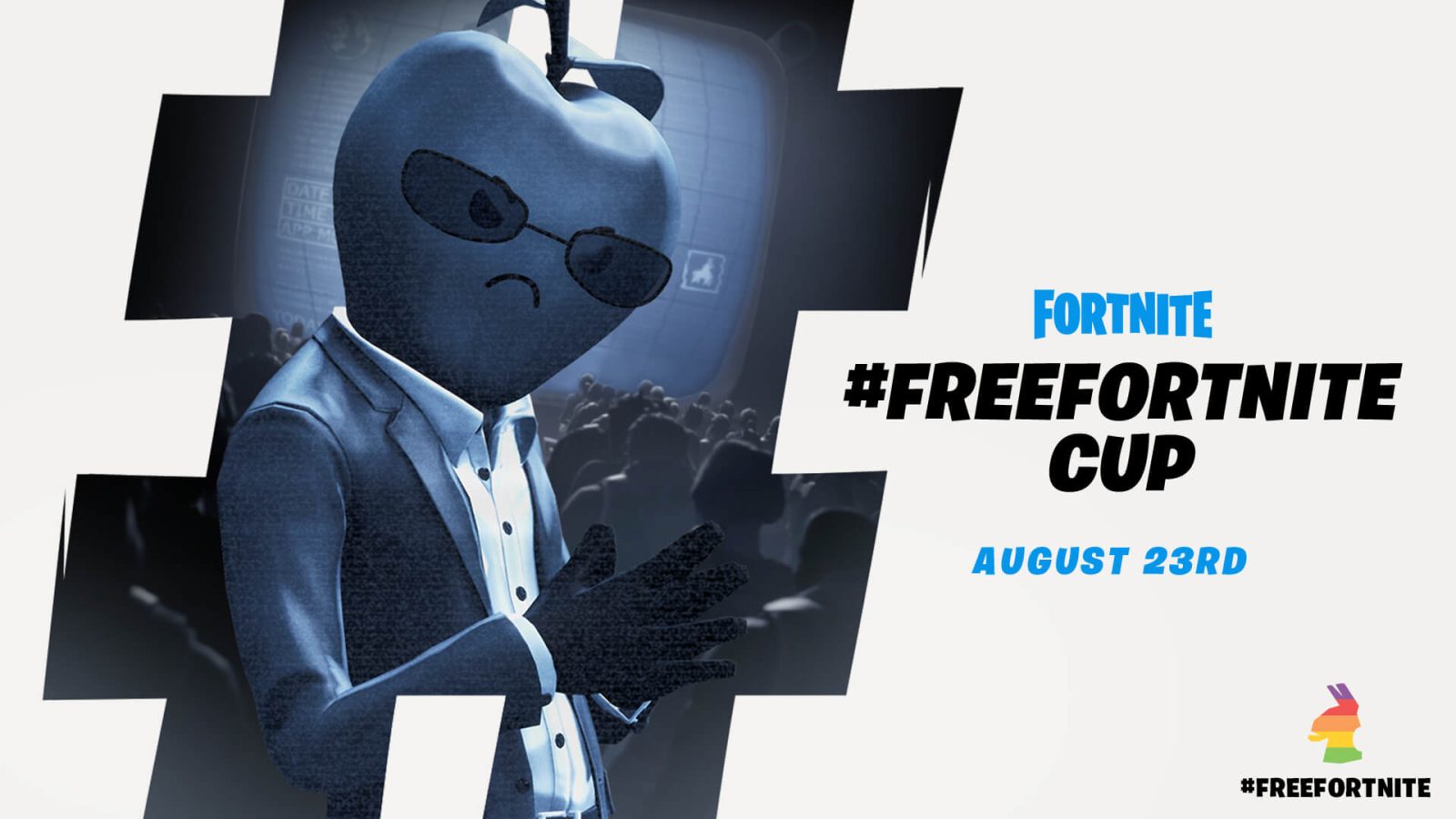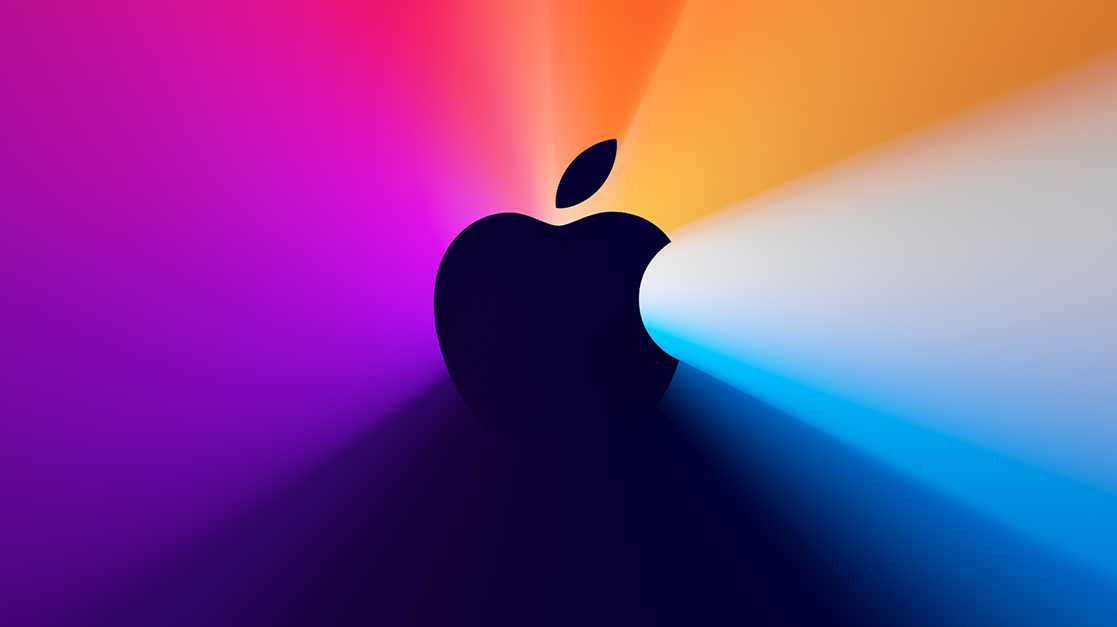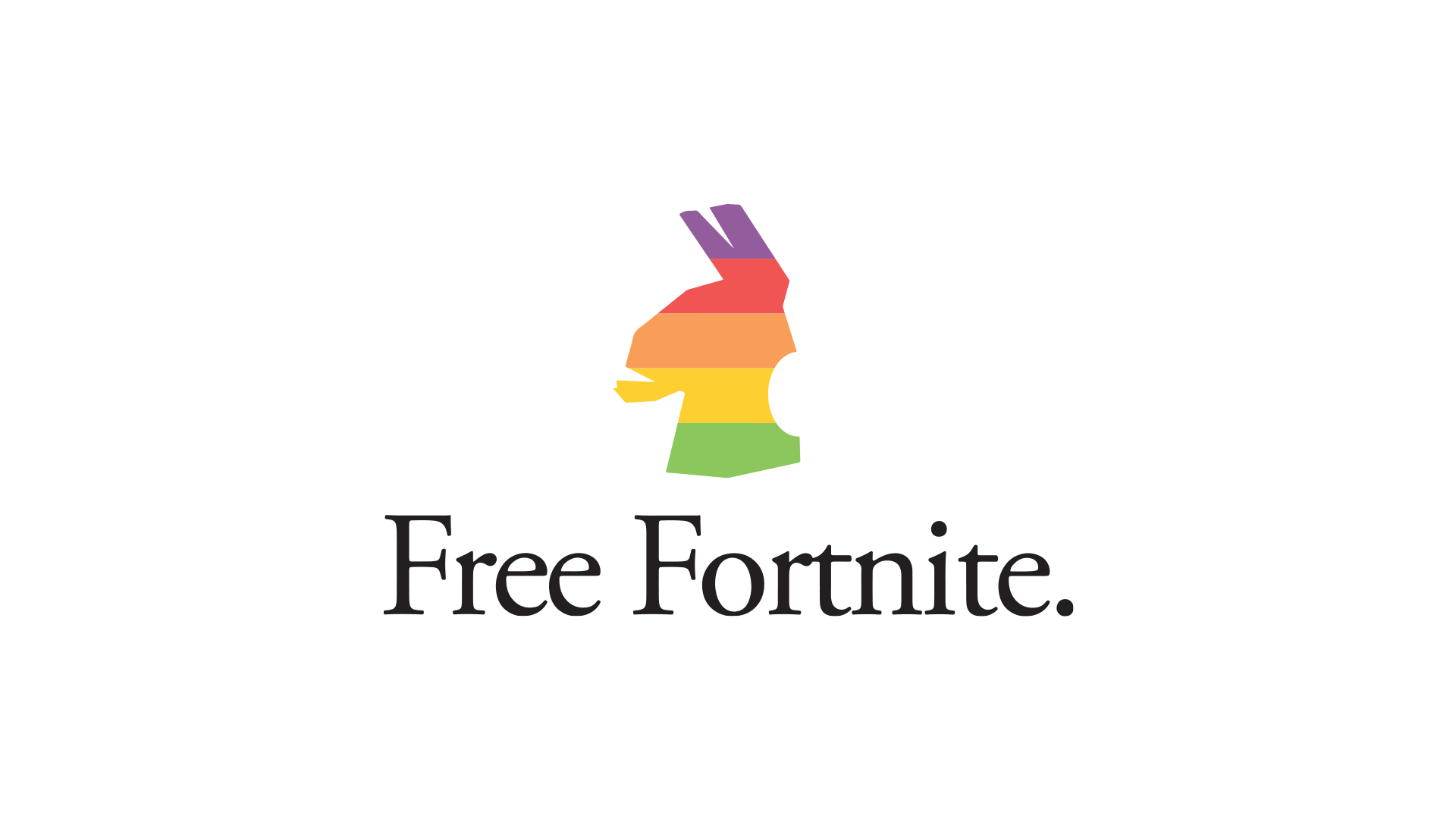The Apple vs Epic Games court battle has now kicked off in the US. Epic Games began its fight against Apple after Fortnite, was removed from the iPhone’s App Store in 2020.
The ban prevents 116 million of its 350 million player base from accessing updates to the game, so Epic has taken the fight to the US, Australian, UK, and now European courts to see it lifted.
Epic allegedly broke its agreements with Apple after it allowed players to buy VBucks - paid in-game currency - through non-App Store channels, bypassing the need to give a cut of revenue to the tech giant.
- Fortnite’s approach to guest characters is aggressively dull
- Nvidia GeForce Now may let you play Fortnite on iPhones
- Epic Games settles Fortnite lawsuit with V-Bucks
Though Epic Games could be looking for more than just getting Fortnite back onto iPhones, with this trial having the potential to see Apple’s walled-garden platforms finally opened up. Alternatively, game developers who use the Unreal Engine to make their apps could be left scrambling if Epic loses its access to the Apple ecosystem entirely.
Want to know more about Epic Games vs Apple, including court dates, the latest details, and what the outcomes could mean for your favorite games? Then read on.
What does each side say?

The exact wording of each side's arguments is slightly different depending on local laws for the different regions, but the crux of the Apple vs Epic Games debates is largely the same.
Epic Games has been fairly vocal with its dislike for Apple’s current App Store policies. The whole #FreeFortnite campaign began due to a protest against the App Store’s 30% cut of purchases made through it. Epic is arguing that these policies are restrictive and going further to argue that Apple’s walled garden iPhone platform has led to an effective monopoly. The Fortnite developer would like to launch a rival app store on Apple gadgets and open up the opportunity for other non-App Store routes onto the iPhone.
Apple on the other hand is arguing that its platform is fair and that Epic violated agreements it had with Apple by updating Fortnite without permission to circumvent sharing a cut of V-Bucks earnings with them. This violation could not only keep Fortnite off iPhone devices if the court upholds Apple’s decision, but could see any game made using the Unreal Engine (the popular Epic Games owned game engine) also removed.
There’s a lot at stake based on each trial’s outcome.
When are the trials taking place?

The US court battle has officially kicked off as of May 3, 2021. It'll probably be going on for a while, so don't expect a verdict anytime soon, but as details are revealed in the US stint of the Apple vs Epic Games battle we'll be sure to keep you updated.
The Australian, UK, and European trial on the other hand are yet to even have their dates announced. Epic launched proceedings against the tech-giant in each region on November 2020, January 2021, and February 2021 respectively.
Given the time it took for the US court system to set a trial date, we can expect Epic's legal battles to continue through most of 2021, and potentially into 2022 as well.
What do the trials mean for Fortnite and other games?
There is a chance that the final verdicts of each Apple vs Epic Games case will maintain the current situation, Fortnite can’t be played directly on Apple devices but other Unreal Engine made games are okay to stay. But what if Epic Games is successful?
If Epic wins it hopes to be able to launch its own version of the App Store on iPhones. Think of it like Steam and the Epic Games store on PC, rather than having to download a game from just one store, players are free to use either. However, some games might be exclusive to only one store.
Epic’s app store could operate like its PC game one, offering developers that use it a larger cut of revenue than other outlets. Given that Epic’s fight with Apple began because of Apple’s 30% cut, it feels likely that Epic would want to take less of a share through its own store (perhaps 12% to match the Epic Games Store on PC).
The verdict could also have a far-reaching impact on other digital storefronts, like Xbox Live, PlayStation Store, and the Nintendo eShop. However Judge Rogers - who is in charge of the US trial - seems cautious of this and is relying on Epic to be able to explain why the App Store is specifically a problem and not others in its arguments.
What has happened so far?

The US court battle has now begun, though not much has happened. The first days have been filled with Fortnite metaverse details and how crossplay works in each region but nothing else right now.
However, before the trial began Judge Yvonne Gonzalez Rogers (who is presiding over the case in the US) denied Epic’s request for Fortnite to be hosted on iOS pending trial results. She did let Epic keep its developer accounts though, so it can continue to provide maintenance for the Unreal Engine on iOS and macOS systems.
We also know that the American trial will be a bench trial - so there will be no jury and the judge will make decisions. Apple and Epic Games will only have to convince one person to agree with them in this first Apple vs Epic Games fight.
An Arizona bill could also have some impact on this case. While Judge Gonzalez is a federal judge - so isn't obliged to follow state's laws with her rulings - this development could bolster the arguments of Epic Game's lawyers.
For now, the Australian, UK, and European battles have yet to progress very far for now. As all the proceedings continue, we'll be sure to keep you in the know.
- Fortnite mobile: how to get Fortnite on Android, and why you can't on iPhone
- How to win without building in Fortnite
from TechRadar - All the latest technology news https://ift.tt/2N1vKar





0 Comments